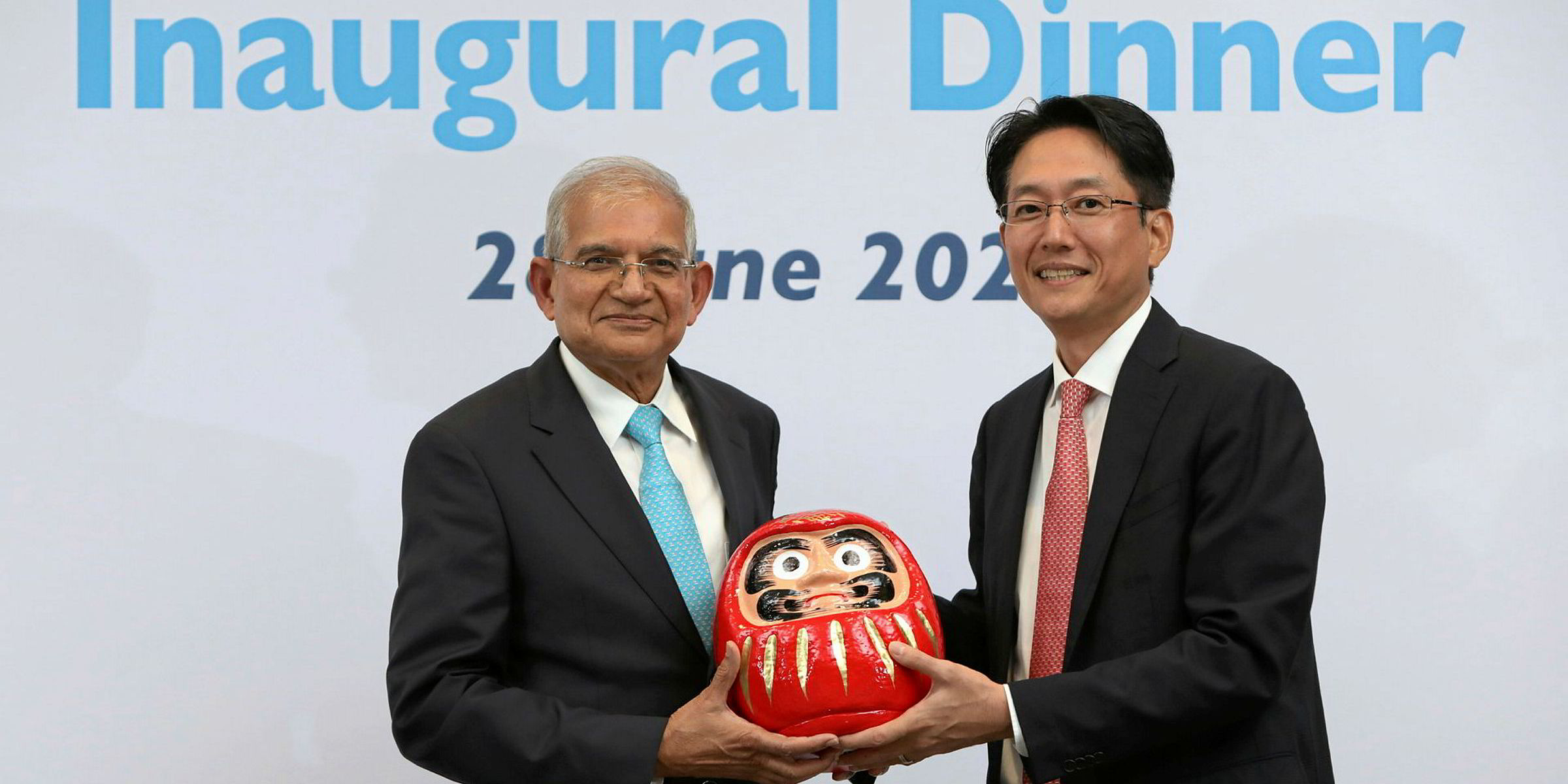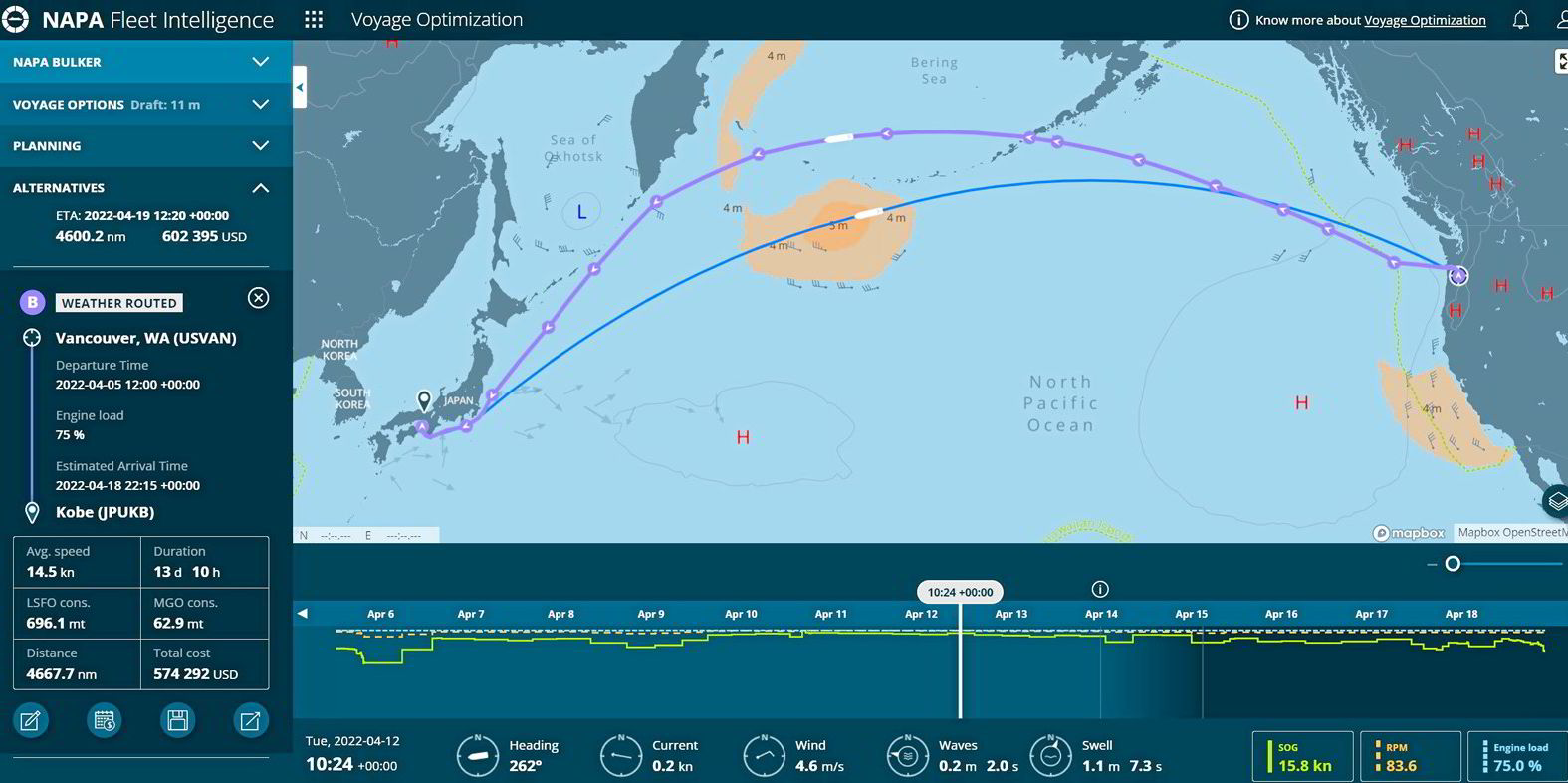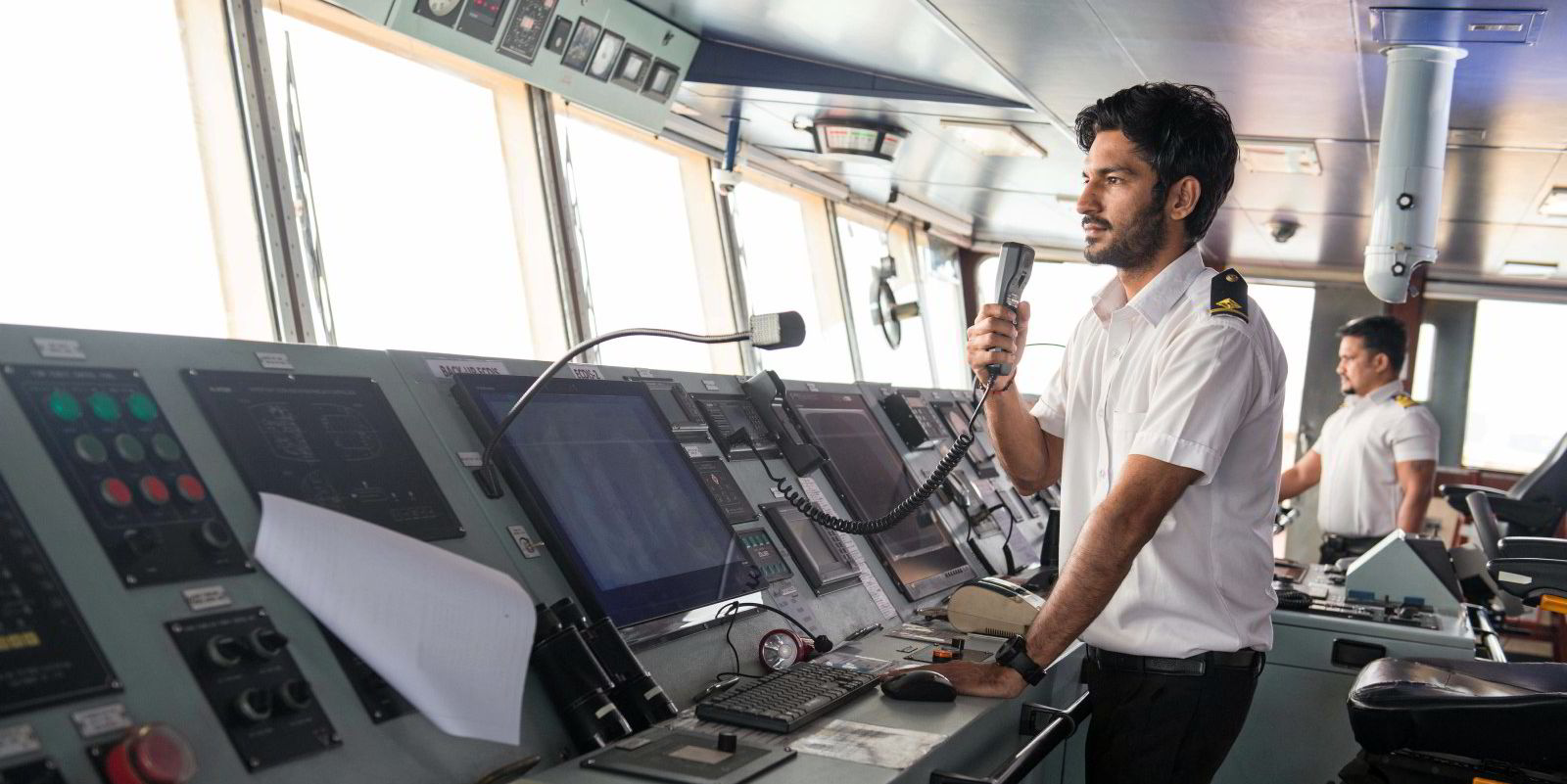Fleet Management is swelling its ship-management base in Singapore, in part through a new joint venture to manage the dry bulk fleet of Japanese owner Marubeni.
Kishore Rajvanshy and Tomohiro Endo announced the joint venture to TradeWinds, after celebrating the launch at the new company’s Singapore base. Rajvanshy and Endo are the managing directors respectively of Fleet Management and Singapore-based Marubeni subsidiary MMSL.
MaruFleet Management will start life with a substantial fleet, comprising all Marubeni’s bulkers from handysize to kamsarmax, some currently managed in-house.
The joint venture is part of a larger shift in which Fleet Management will beef up its Singapore base rapidly after a period in which many international companies have found it more difficult to do business in Hong Kong amid stringent measures to control Covid-19.
A company official denied that this means Fleet Management is less than satisfied with Hong Kong, but confirmed that it plans to be the biggest in Singapore by the end of the year, in part thanks to the Marubeni tie-up.
Fleet Management is one of the world’s largest third-party ship managers and, like its main competitors, it divides its fleet between several bases.
In its hometown of Hong Kong, where it manages 400 ships, it reckons it is the largest player.
Exclusive
In Singapore, where it has been doing business since 2006, it manages about 130 ships, which puts it fourth among local ship managers by its own count, with Anglo-Eastern, the biggest manager globally, currently the largest in Singapore as well.
Marubeni had been a customer of Fleet Management for several years before putting all its bulkers in the new management vehicle.
Rajvanshy said the relationship began in 2014 when Fleet Management took on MMSL’s first supramax — the 58,100-dwt Crimson Queen (built 2014). As of this year, Fleet Management was managing seven Marubeni bulkers.
“MaruFleet will exclusively service and be tailored to Marubeni’s requirements,” Rajvanshy said. “This means Marubeni will be able to rely on and readily access a dedicated team of professionals for all its ship management needs globally.”
The companies have not released a fleet list, but inspection database RightShip shows MMSL Singapore with 35 ships, mostly dry bulk carriers from handysize up to kamsarmax, and MMSL Japan with five more bulkers.
MMSL’s vessels are on time charter to a list of owners and operators including Norwegian open-hatch specialist G2 Ocean, French commodities group LDC, Glencore-controlled grain company Viterra, Canadian owner Fednav, Greece’s Chios Navigation and Denmark’s Ultrabulk.
The tie-up sees Fleet Management take tonnage away from rival third-party ship managers, including Laurel Ship Management, ISM Ship Management, Executive Ship Management, Synergy Marine and World Marine.
Several of the vessels had been managed in-house by a Marubeni subsidiary, but that chapter is closing now.
Endo said MMSL had 10 years’ experience of managing its own ships but now it is time “to step up to the next stage with MaruFleet to meet higher safety and environmental requirements”.
‘Partnership’
“We see our relationship with Fleet as a partnership,” he said. “We share the same philosophy and vision in growing our businesses through a clear focus on safety, quality and technical management.”
Marubeni, founded in 1858, is one of Japan’s largest trading houses, and shipowning subsidiary MMSL — formerly known as Koyo Line — dates back to 1978. The group’s exposure to dry bulk shipping includes a stake in the Baumarine by MaruKlav panamax pool managed by Oslo-based Torvald Klaveness, as well as financial ownership of vessels through its half-share in Mizuho Marubeni Leasing.
Fleet Management, which is part of trader Harry Banga’s Caravel trading, finance and shipping group, has generally stood aloof from the recent wave of ship-management mergers and joint ventures.
Some of its competitors have grown through acquiring or partnering the in-house technical management arms of shipowning companies, including several high-profile deals in the past two years. Fleet Management has touted its preference for organic growth.
But its tie-up with Marubeni is not its first ship-management joint venture. Together with Denmark’s Celsius Shipping, it manages several tankers and supervises LNG carrier newbuildings under such a structure, and it has a joint venture, Shandong Fleet Management, with Chinese provincial-controlled shipowner Shandong Shipping.
A company official said Fleet Management offers joint venture arrangements at the request of well-established customers with a certain number of vessels under Fleet Management’s technical management.






